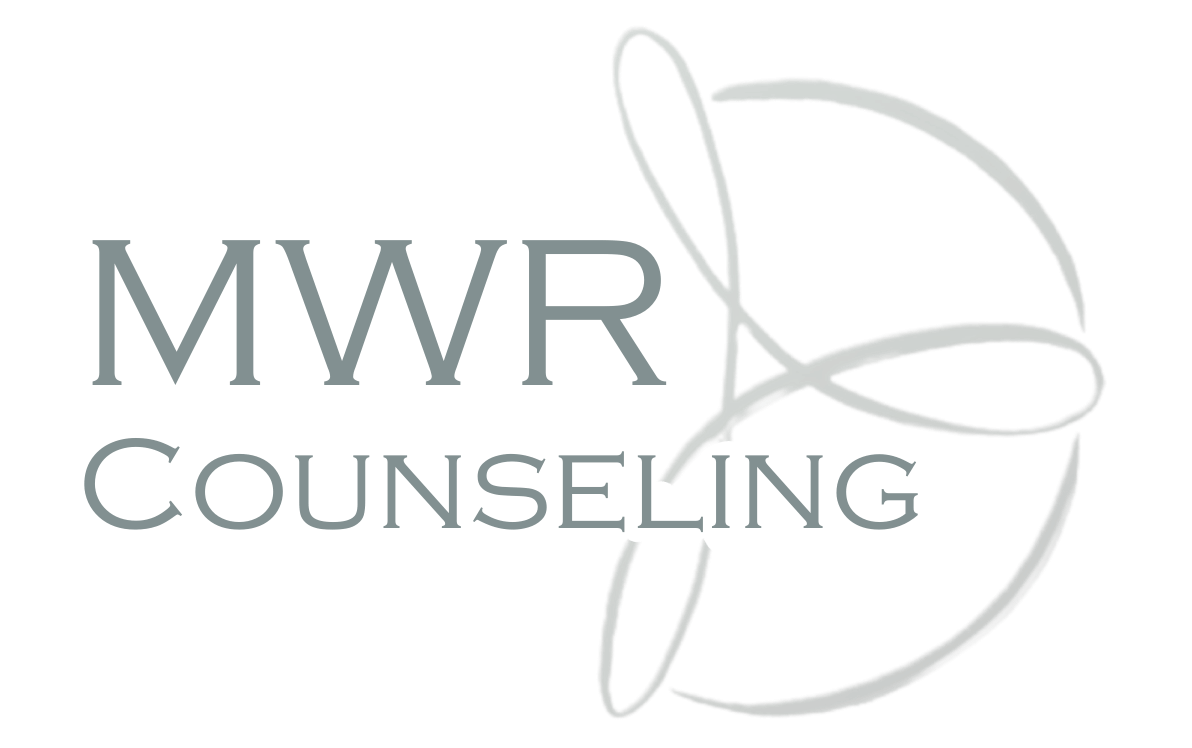Fanning the flames when you feel burnt out

By Gabby Hartman, tLMFT
Long-term relationships can be tough. As a relationship grows, passion intensifies and appreciation deepens- right? Not necessarily. Research shows that as time passes, our comfort with our partner increases…while our chemistry with them decreases. Basically: romantic love often fades as committed love grows stronger.
Maybe you’ve heard of Love Languages. Maybe you’ve taken a hard look at where your relationship is heading. These can be a helpful start in growing long-term relationships. But what are additional steps we can take to bring back the emotional intimacy we crave?
First, recognize these two things:
- We create the relationship we want.
- We have a hard time wanting what we already have.

In today’s world, we expect a lot from our partner- friendship, sex, co-parenting, etc. And while these can be anchoring experiences, they can lack the adventuring that we often desire and find in romance and passion. Human nature makes it difficult to look at what is comfortable with curiosity.
So, what can we do when security puts a damper on sexy? The good news is it is common, and itis something we can change! Read on for tips for building emotional intimacy back into your relationship.
Responses
How we communicate is key. If we can’t remember the last time we responded to our partner attentively, then we also might not remember the last time we saw them naked. Emotional intimacy impacts physical intimacy.

When we make eye contact and acknowledge our partner, we are establishing a connection. This two-second moment of communication says, “I notice you.” Romantic love stems from chemistry and attraction, which is based off of “noticing” someone. When we take time to notice our long-term partner, we reclaim the connection that gets lost in the everyday. And noticing them reminds us that they’re not only our childcare provider or chore partner- they’re an interesting person we value.
Changing our responses to our partner is a way of rebuilding healthy communication patterns. We do this by being present nonverbally and listening actively. Asking thoughtful questions is another step. Think of your partner’s communication with you as a “bid.” A bid is a request for connection. Responding to these bids with a present, active reply is an important step in reclaiming intimacy- both emotional and physical.
Try this: Intentionally acknowledge your partner’s presence when you’ve been away from each other. Respond to a basic question with a thoughtful reply. “How was your day?” “I got a new work project. What’s something important that happened to you today?”
Repairs
Conflict is a part of any relationship. Conflicts are either solvable or recurring. When we have a recurring problem, our relationship struggles to adapt. We might begin to harbor resentment toward our partner, or feel like we’re having the same fight over and over again.
If you are struggling with a recurring problem, then look for compromise. Approach the conflict resolution with a team mentality. If you make an apology, be mindful of keeping criticism and defensiveness out of it (such as “I’m sorry about what I said, but you were being…”). It’s also important to know that recurring problems are frequently rooted in unspoken needs. A mental health professional can assist with exploring these needs through couples counseling.
Try this: When you have decided to make a repair attempt, look for ways to turn toward your partner instead of away from them. Validate your partner’s feelings. Even if you can’t agree on whether to get pepperoni pizza or sausage pizza (a crucial relationship decision!), you can still say, “I know it’s important to you to have sausage pizza because you had it growing up.”
Rituals
As we evolve, so do our relationships. A dating relationship might change to a married relationship; a relationship without children may change to a relationship with children. With this change, rituals often get put on the back burner. Rituals are shared experiences where we create memories and have fun with our partner. Rituals are an important piece of infusing meaning into your relationship.
Try not to think of rituals as creating a totally new tradition. This might be unrealistic for your current stage of life. Instead, reframe rituals as: building new routines out of things you already do.

Try this: Look at what you already do (either individually or as a couple). Try seeing it as an opportunity for connection. Maybe parent-teacher conference night turns into a date night- with dinner after the conference and without discussing the conference! Maybe booking your tax appointment reminds you that you’ll need a couples massage after. And if you find yourself thinking about creating rituals in a task-oriented, “check it off the list” way, reframe by reminding yourself that the goal is having fun with your partner.
Exploring your relationship with your partner isn’t easy. It requires hard work and vulnerability. But making this effort can produce lasting benefits- including a relationship that’s not only rooted in love, but growing in appreciation and passion.
Want more information? Check out the following!
-You Tube video: “The Secret to Desire in a Long-Term Relationship- Esther Perel”
-The Gottman Institute- A Research-Based Approach to Relationships, Gottman.com -Mating in Captivity, by Esther Perel
Content provided in this blog post is for informational purposes only. Content is not intended to be a substitute for professional recommendations, diagnosis, or treatment. Always seek care from a mental health professional or other qualified health care provider with any questions you may have regarding your condition. Please contact one of our skilled and trained mental health providers at MWR Counseling at 693-5694 if you believe you would benefit from receiving professional mental health care. If you think you are in a mental health crisis, please call the Foundation 2 Crisis Line at 1 (800) 332-4224; if you are experiencing an emergency, please dial 911.




